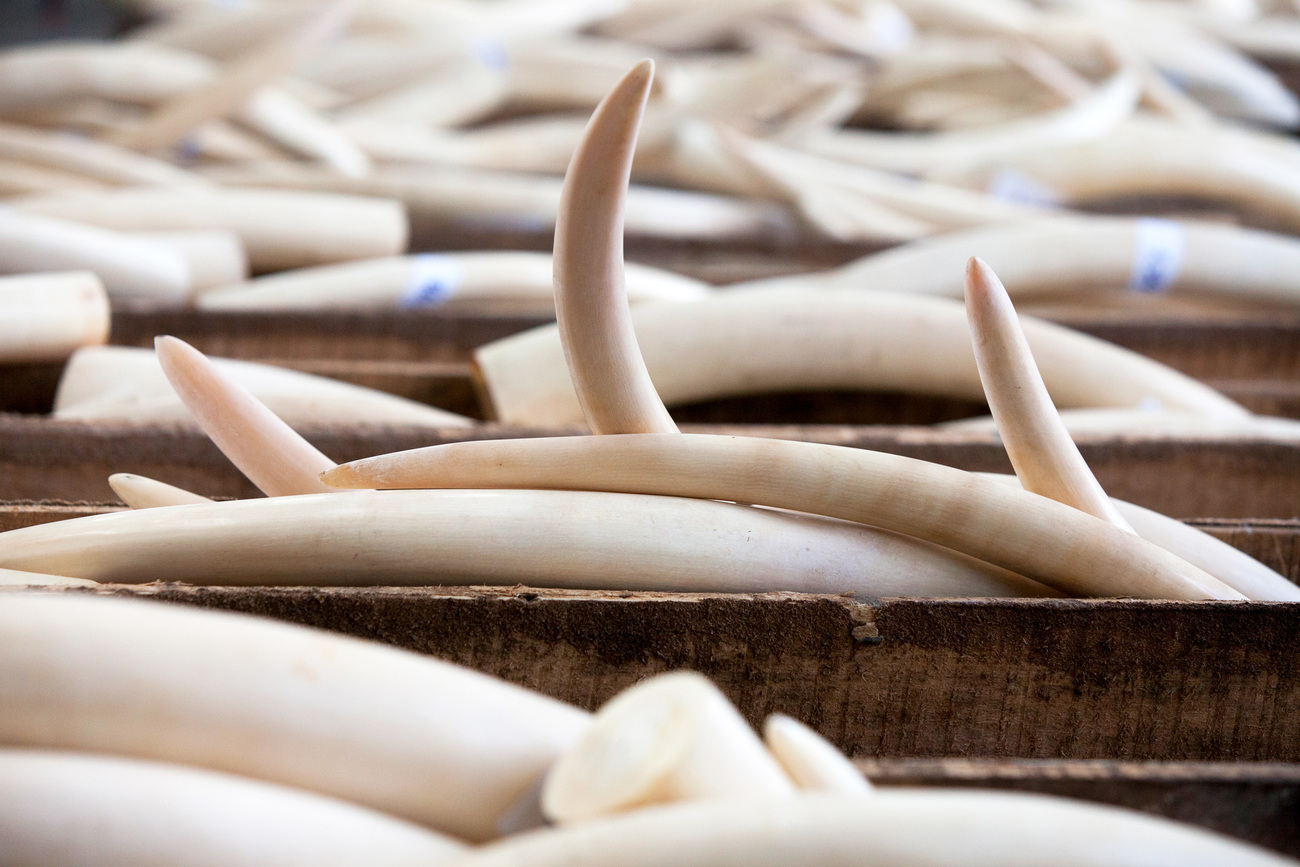Wildlife Crime Prevention - Europe
The European Union is widely considered to be the third largest destination for illegal wildlifehelp save the elephants
help save the elephants

The European Commission has published draft measures that would effectively ban the trade in ivory in the European Union (EU) with limited exceptions. It is now calling on EU citizens, organisations and other stakeholders to participate in an online consultation to share their feedback on this draft regulation before it is adopted in the coming months.
why does this consultation matter?
Today, there are just about 400,000 elephants in Africa; a 70 percent decline since the 1970s, primarily due to poaching. On average, 20,000 elephants are killed each year for their ivory, or 1 elephant every 26 minutes.
Global ivory trade is a threat to elephants wherever they are. Trade in ivory, even when it is legal, causes consumer and enforcement confusion, and potentially provides a cover for the laundering of illegal ivory.
IFAW has been advocating for restrictions on ivory trade in Europe for the past decade, as the EU is the largest exporter of legal ivory in the world. Over the past few years, France, Luxembourg, the Netherlands, and Belgium passed some restrictions on ivory trade but this is not enough for sustainable impact.
Now is the opportunity to close the EU domestic ivory market once and for all, and your voice can help achieve that.
You can help save elephants, by participating in the consultation, to push the European Commission to ban ivory trade and fight elephant poaching.
how can you submit your contribution?
Complete the EU Commission’s online consultation. (on the top navigation, click on “English” to choose your language)
Feel free to use the below statement for your own submission:
Across Europe, ivory continues to be traded on-line, in auction house and markets. The EU and Japan are among the last countries with large, legal domestic ivory markets. Luckily, there is wide support in the EU for the closure of domestic elephant ivory markets, from the EU Council to the European Parliament, and among EU citizens and civil society. The European Commission therefore has the mandate to introduce comprehensive measures aimed at closing the EU domestic ivory market, thereby showing global leadership. Only by so doing, the EU will remove any financial value from ivory, reduce the opportunity for new ivory to be laundered through legal markets, and send a clear message to the rest of the world that the EU no longer considers ivory a commodity.
We/I therefore welcome European Commission draft measures to ban the trade in ivory in the European Union (EU) with limited exceptions and urge the EU and its Member States to support and implement without further delays the measures proposed.
We/I would nevertheless like to highlight the following recommendations to the European Commission:
- Assess within the next few years the real effectiveness of both the implementing Regulation and on the Guidance.
- The proposed measures which provide that antique worked ivory may only be traded within the EU with a certificate. However, only independent approved/recognised experts should be authorised to assess whether an item has been legally acquired or not in order to avoid conflict of interests.
- Ask for a consistent use of language in both the Guidance and the proposed Regulation in order to avoid confusion about the new requirement of a Certificate to trade any worked ivory, also when it is antique (from before March 1947).
when?
Responses can be submitted until 25th February 2021.
Related content
Every problem has a solution, every solution needs support.
The problems we face are urgent, complicated, and resistant to change. Real solutions demand creativity, hard work, and involvement from people like you.